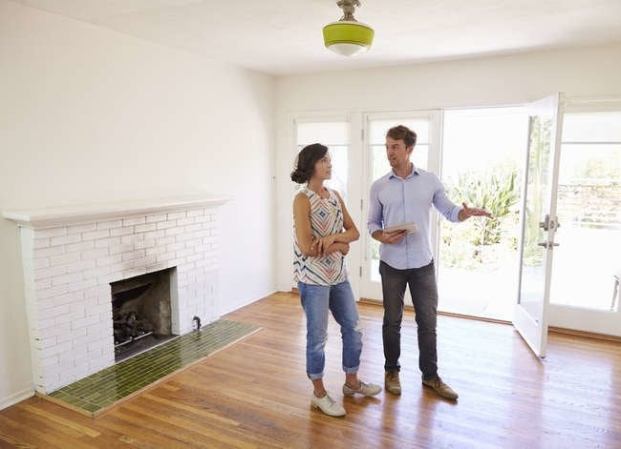We may earn revenue from the products available on this page and participate in affiliate programs. Learn More ›
Don’t trust “love at first sight”

Do your homework. You may fall in love with a property, but that doesn’t mean you should rush to meet the seller’s asking price. Employ a professional home inspector to ensure that there are no hidden issues like structural damage or pest infestations. If the inspection turns up a major problem, you may want to reconsider making an offer. If, however, you uncover less significant issues, you can use those flaws to your advantage in negotiating a better deal.
Related: 10 Simple Mistakes That Could Cost You Your Dream Home
Don’t speak first

Wait for the seller’s initial offer. After they state their price, wait before making a counteroffer. Silence is a powerful bargaining tool that can be hard for a seller to read. You may find the seller more willing to drop the price after a good long pause.
Don’t go low

Offer a price that’s appropriate for the property. An under-market bid triggers a few problems. First, it can insult the homeowner. Second, it can reflect poorly on your knowledge of the local real estate market. Offer what you think is fair to both you and the owner, taking into account the total cost of the transaction, not just the gross sales price.
Don’t haggle

Do, however, engage in honest give-and-take. Avoid making incremental offers, which may frustrate the seller. In addition, trying to snag furniture or appliances for free may sour the deal. If you see decor you really like, though, offer to purchase it.
Don’t show your hand

Use discretion when offering key information about the progress of your house hunt. Keep your options open and research other properties. Even if this house is the one and only property you want, signal to the seller that you are serious but not desperate.
Don’t avoid tough questions

Asking tough questions demonstrates that you know what you’re doing and what you want. Pose your questions with grace, and be prepared for evasive answers. If you don’t find out what you need to know, ask your broker to speak with their broker privately.
Don’t ignore stress

Read body language and emotional cues. Is your potential home seller feeling stressed about the upcoming move? If so, offer a leaseback as part of the deal. Being willing to rent the property back to the original owner for 30 to 90 days could provide the seller with the extra incentive she needs to accept your offer.
Related: Ready to Sell? 17 Things to Do First
Don’t forget home repairs

The price and location may be perfect, but what about those cracked bathroom tiles? While a seller retains the prerogative to sell a house “as is,” it is the buyer’s job to notice necessary repairs, make a comprehensive list, and use those must-do repairs as a bargaining chip.
Related: 10 Reasons to Buy an “Ugly” Home
Don’t skip the game

A smooth, easy negotiation may be possible, but it isn’t always desirable. If you skip the ritual back-and-forth, the seller may feel he hasn’t secured the best deal and back out. Some creative tension makes both parties feel they’ve come away winners.
Don’t fake it

Authenticity is the linchpin for any successful negotiation. Strive to keep your own stress level at a minimum, and be kind to the seller as you investigate all aspects of a potential sale. You’ll get the best value by staying true to your own values.








